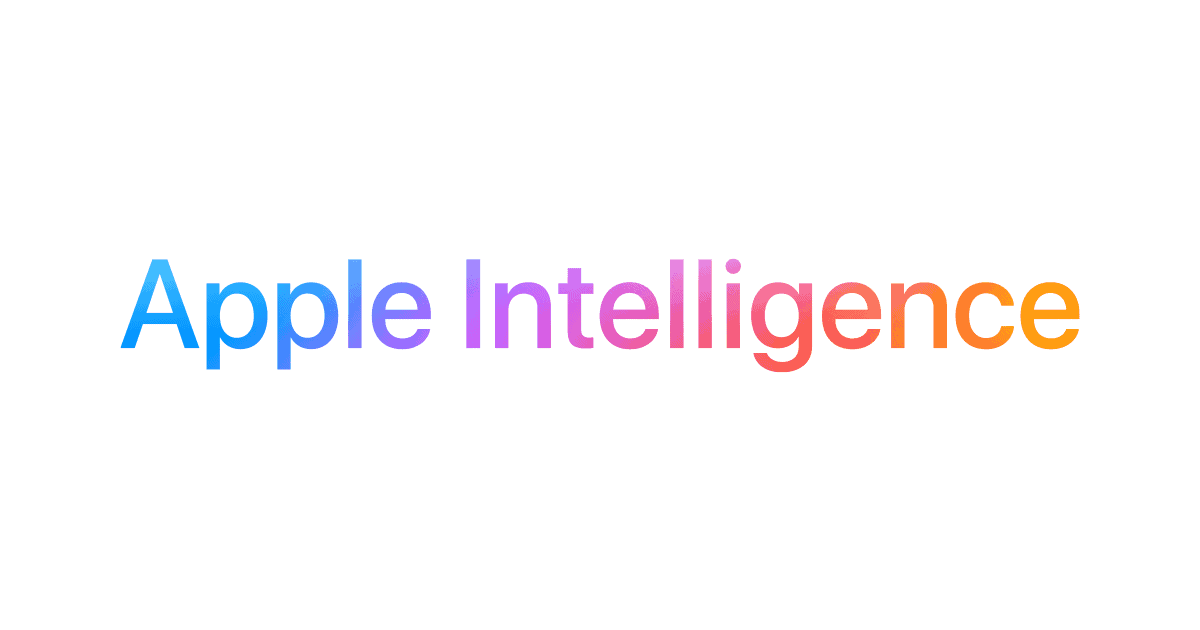Apple has been buying many AI startups in the past year, more than any other tech company. This suggests that Apple is serious about being a leader in AI. The company is making these purchases to strengthen its position in the rapidly changing AI field. The article will talk about the AI companies Apple has bought, how this has affected its products and services, and what this could mean for the future. It will also look at the challenges and things to think about with Apple’s AI plan.Apple doesn’t just buy these companies for fun. It uses AI in its products, like iPhones and in updates to its iOS system. This new tech helps Apple make its products smarter and easier for users to use.Apple doesn’t just work on AI in software. It is also making its hardware better so that it works well with AI. Apple is always working to keep its system strong and ahead of everyone else.
Apple’s Growing AI Arsenal Through Acquisitions
Apple, known for its innovative products and services, is quietly strengthening its position in the AI industry through strategic acquisitions. By acquiring AI-focused companies and integrating their technology into its existing ecosystem, Apple is enhancing its devices and services with AI capabilities. This approach allows Apple to catch up to competitors like Google and Microsoft, who have made significant strides in AI development.
Notable AI Acquisitions by Apple
| Acquired Company | Year | Key Technology/Focus |
|---|---|---|
| Xnor.ai | 2020 | Low-power, edge-based AI for on-device processing |
| Turi | 2016 | Machine learning and AI platform |
| Emotient | 2016 | Emotion recognition software |
| VocalIQ | 2015 | Natural language processing |
| Perceptio | 2015 | Image recognition technology |

Impact of AI Acquisitions on Apple’s Products and Services
These acquisitions have already begun to bear fruit, with AI-powered features being integrated into various Apple products and services. For example, the iPhone’s camera uses AI to enhance photos and videos, while Siri leverages AI for natural language processing and voice recognition. Additionally, Apple’s Health app uses AI to analyze user data and provide personalized insights.
Future Implications of Apple’s AI Strategy
Apple’s focus on AI is expected to continue, with the company investing heavily in research and development. By combining its in-house expertise with the technology acquired through strategic acquisitions, Apple aims to create even more innovative and intelligent products and services in the future. This will not only benefit consumers but also solidify Apple’s position as a leader in the AI industry.
Challenges and Considerations
While Apple’s AI strategy has the potential to revolutionize its products and services, there are also challenges and considerations to address. Privacy concerns remain a significant issue, as AI systems often rely on vast amounts of user data. Apple must ensure that its AI technologies are developed and used in a way that protects user privacy and maintains trust. Additionally, the ethical implications of AI must be carefully considered to ensure that these technologies are used responsibly and for the betterment of society.
Bottom Line
Apple’s strategic use of AI acquisitions is a testament to its commitment to innovation and its ambition to remain at the forefront of the technology industry. By integrating AI capabilities into its existing ecosystem, Apple is not only enhancing its products and services but also shaping the future of AI
Key Takeaways
- Apple acquired up to 32 AI startups last year.
- Apple integrates these acquisitions to enhance its products.
- Apple enhances its hardware to support AI technologies.
Apple’s Strategic AI Acquisitions
Apple has been very active in acquiring AI startups. These moves aim to improve its AI capabilities, stay competitive, and enhance its products like Siri.
Acquisition Milestones and Key Players
Apple made significant strides in AI acquisitions. Since 2017, it has acquired 21 AI startups, including notable names like WaveOne and DarwinAI. In 2023 alone, Apple bought 32 AI companies, more than any other tech giant.
These purchases highlight Apple’s commitment to AI development. Turi, RealFace, and Drive.ai are some of the key players Apple has acquired in recent years. Each acquisition brings unique technologies and talent to Apple.
In the AI arms race, Apple leads with more acquisitions compared to Google, Meta, and Microsoft, who have also been active in the AI field.
Impact on AI Capabilities and Competitiveness
Apple’s AI acquisitions boost its technological capabilities. For instance, the acquisition of WaveOne, a video compression startup, enhances its ability to manage and process video content efficiently.
These strategic moves also strengthen Siri’s natural language and speech recognition skills. Acquiring companies like Voysis helps improve virtual assistants, offering better user experiences.
By integrating AI across its devices, Apple ensures better data privacy and user security. This is crucial in maintaining customer trust. Competing with other tech giants like Google and Microsoft, Apple aims to stay ahead in the AI field. These acquisitions provide a competitive edge, allowing Apple to innovate continuously.
Integrating Acquisitions into Apple’s Ecosystem
Apple’s acquisition of AI companies aims to enhance its products and services. The company seamlessly integrates these new technologies, driving future innovations.
Incorporation into Apple Products and Services
Apple incorporates acquired AI technologies into popular products like the iPhone and services like Siri. For example, recent acquisitions have improved Siri’s response times and accuracy in iOS 18. These acquisitions also allow Apple to embed advanced AI into its devices, such as the iPhone 16.
AI advancements benefit various sectors, including healthcare. New AI features in the Apple Health app track user health metrics more accurately. Apple also boosts its generative AI capabilities, similar to ChatGPT, to enhance user interaction and content creation. This integration helps Apple maintain a competitive edge in the AI market.
The Role of Acquisitions in Future Technologies
Future AI technologies for Apple rely heavily on these acquisitions. By acquiring companies like DarwinAI, Apple gains expertise in machine learning. This acquisition allows Apple’s team in Cupertino to push forward AI innovations. AI integration isn’t limited to existing products; it also focuses on new technology like self-driving cars.
Apple aims to revolutionize user experiences. Generating new AI-driven features and improving existing ones helps meet this goal. Continuous investments in AI lead to trials and successful implementations, increasing market share. Analysts from the Financial Times note how these strategic moves offer a competitive advantage. This continues to drive revenue growth through cutting-edge AI innovations.







